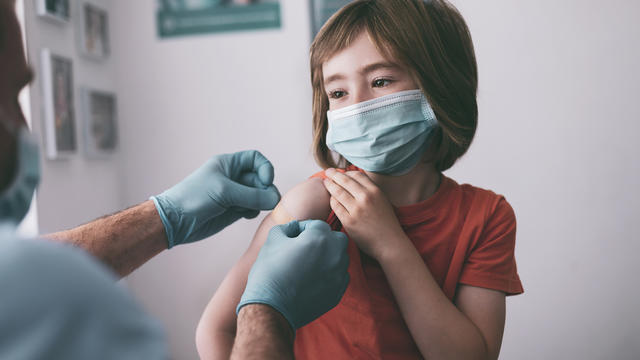
Kindergarten routine vaccination rates fell for second straight year, CDC warns
The decline was not accompanied by a rise in exemptions, the CDC says, suggesting many children could still catch up on their shots.
Watch CBS News
Alexander Tin is a digital reporter for CBS News based in the Washington, D.C. bureau. He covers federal public health agencies, including the response to infectious disease outbreaks like COVID-19. Previously, he was a campaign reporter for CBS News based out of Las Vegas, where he was raised. He covered presidential, Senate and House candidates for the 2020 election cycle in Arizona, California, Nevada and New Mexico. He has also worked in Washington for "Face the Nation" and in New York for the "CBS Evening News." Tin graduated from Columbia University in 2017 with a bachelor's degree in political science.

The decline was not accompanied by a rise in exemptions, the CDC says, suggesting many children could still catch up on their shots.
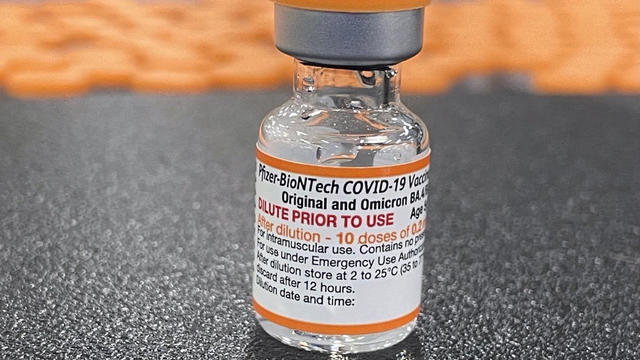
Pivotal results on a variety of next generation approaches are expected soon, as a panel of FDA advisers is set to weigh the future of immunization against SARS-CoV-2.
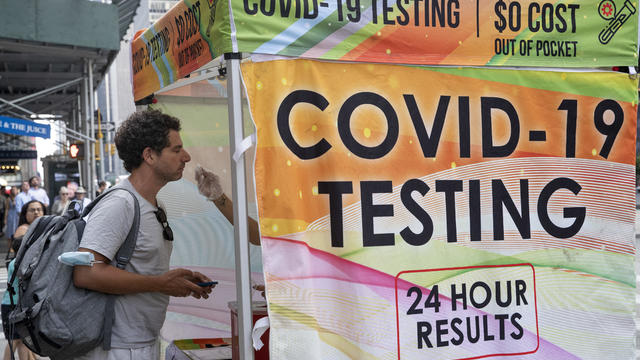
XBB.1.5's prevalence remains highest in the Northeast, according to the CDC's latest estimates.
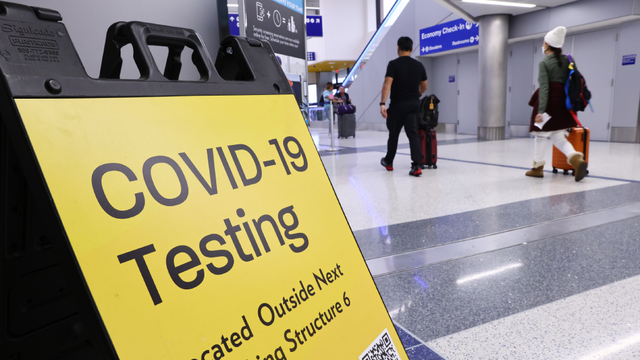
The CDC cited concerns over the COVID-19 surge in China and "the lack of adequate and transparent" data from the country's health authorities.

The CDC cited concerns over the COVID-19 surge in China and "the lack of adequate and transparent" data from the country's health authorities.

A statement released by U.S. officials cited "mounting concerns" over the COVID-19 surge in China and "the lack of transparent data" from the country.

The CDC cited concerns over the COVID-19 surge in China and "the lack of adequate and transparent" data from the country's health authorities.
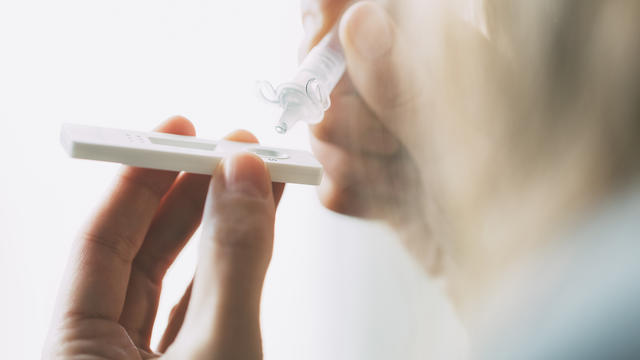
The Biden administration reopened requests for four free tests per household through the U.S. Postal Service portal a week ago.
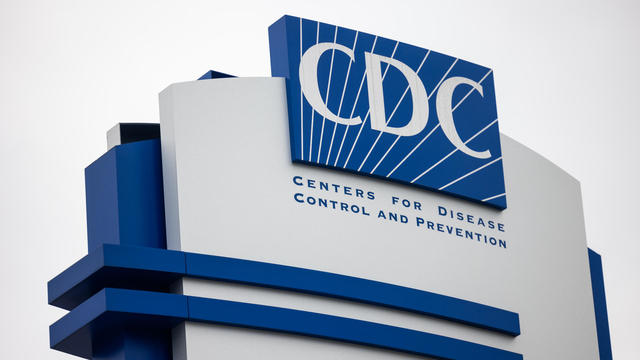
The CDC released final data showing that the American life expectancy rate has fallen back to what it was in 1996.

The agency's "seroprevalence" estimate of how many kids have antibodies from a prior infection was recently updated through October.
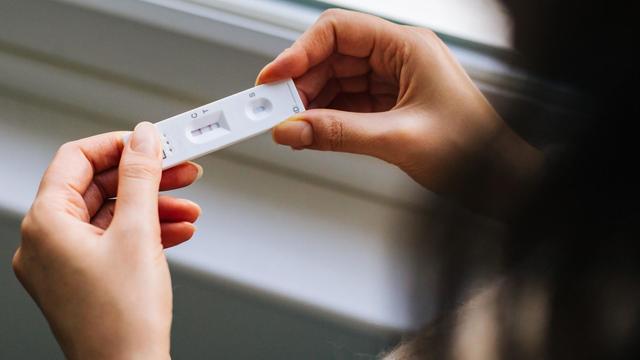
Every household will be able to order a total of four at-home COVID tests.
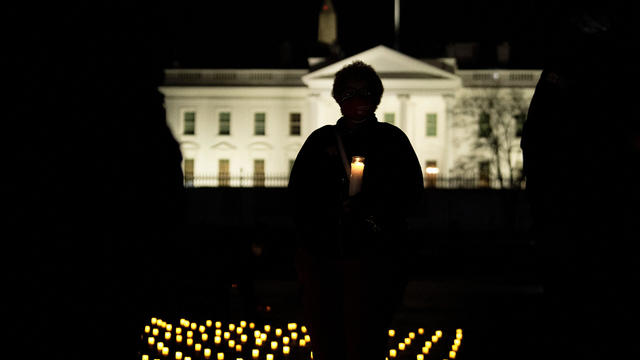
Thousands of death certificates previously counted as COVID-19 fatalities were actually related to long COVID, researchers say — and the true number is likely higher.

Thousands of death certificates previously counted as COVID-19 fatalities were actually related to long COVID, researchers say — and the true number is likely higher.
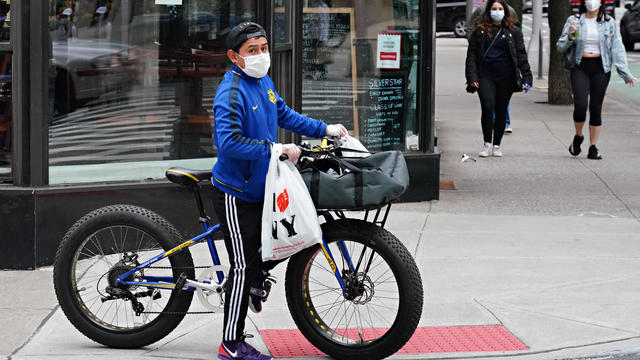
Around 14% of Americans now live in counties at "high" COVID-19 Community Levels, up from 5% last week.
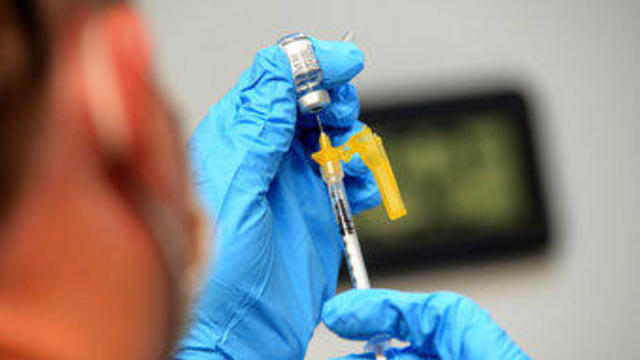
The FDA says it is waiting for data to be submitted next year to clear shots for some of the youngest Pfizer vaccine recipients.